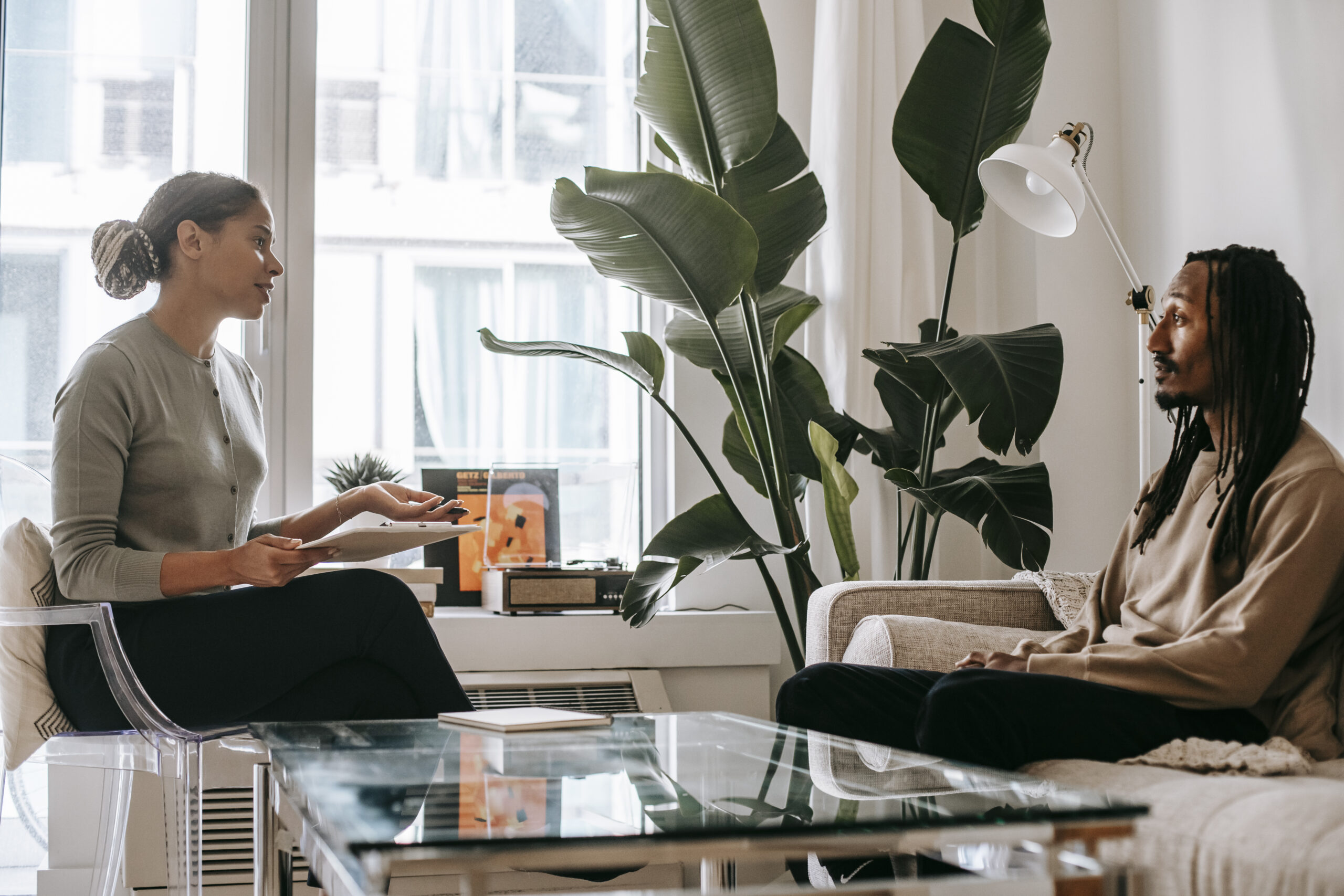Can alternative therapies help with depression?
Title: Can Alternative Therapies Help with Depression?
Introduction:Depression is a common mental health disorder affecting millions of people worldwide. While traditional treatments like therapy and medication have proven effective, many individuals seek alternative therapies to complement their treatment plan. In this blog, we will explore the potential benefits of alternative therapies in managing depression and enhancing overall well-being.
1. Yoga and Meditation:Yoga and meditation have gained popularity as alternative therapies for various health conditions, including depression. These practices emphasize deep breathing, mindfulness, and physical movement to promote relaxation and reduce stress. Research suggests that incorporating yoga and meditation into one’s routine may help alleviate depressive symptoms, improve self-awareness, and boost mood.
2. Acupuncture:Originating from Traditional Chinese Medicine, acupuncture involves the insertion of fine needles at specific points on the body. This therapy aims to balance the body’s energy flow, known as Qi. Studies have shown that acupuncture may stimulate the release of endorphins and other neurotransmitters associated with mood regulation. While more research is needed, acupuncture has shown promise in reducing depressive symptoms.
3. Herbal Supplements:Certain herbal supplements have been used for centuries to promote emotional well-being. St. John’s Wort, for example, has been extensively studied for its potential antidepressant effects. Although it may not be as effective as prescribed medications for severe depression, some individuals find it helpful for mild to moderate symptoms. It is essential to consult with a healthcare professional before incorporating any herbal supplement into your treatment plan.
4. Art Therapy:Expressive therapies like art therapy provide a creative outlet for individuals experiencing depression. Engaging in various artistic activities, such as painting, drawing, or sculpting, can help individuals express their emotions and alleviate stress. Art therapy encourages self-reflection and self-discovery, promoting a sense of empowerment and potential relief from depressive symptoms.
5. Exercise and Physical Activity:Regular exercise is known to boost mood and improve mental well-being. Engaging in physical activity releases endorphins, the body’s natural mood elevators. Whether it’s going for a walk, joining a dance class, or practicing yoga, incorporating exercise into your routine can have positive effects on both physical and mental health.
Conclusion:Alternative therapies can serve as valuable adjuncts to traditional treatment approaches for depression. While they may not replace therapy or medication in severe cases, alternative therapies like yoga, acupuncture, herbal supplements, art therapy, and exercise offer individuals additional tools to manage their conditions and enhance overall well-being. It is important to note that the effectiveness of these therapies can vary among individuals, and it is always advisable to consult with a healthcare professional to create a comprehensive and personalized treatment plan.



